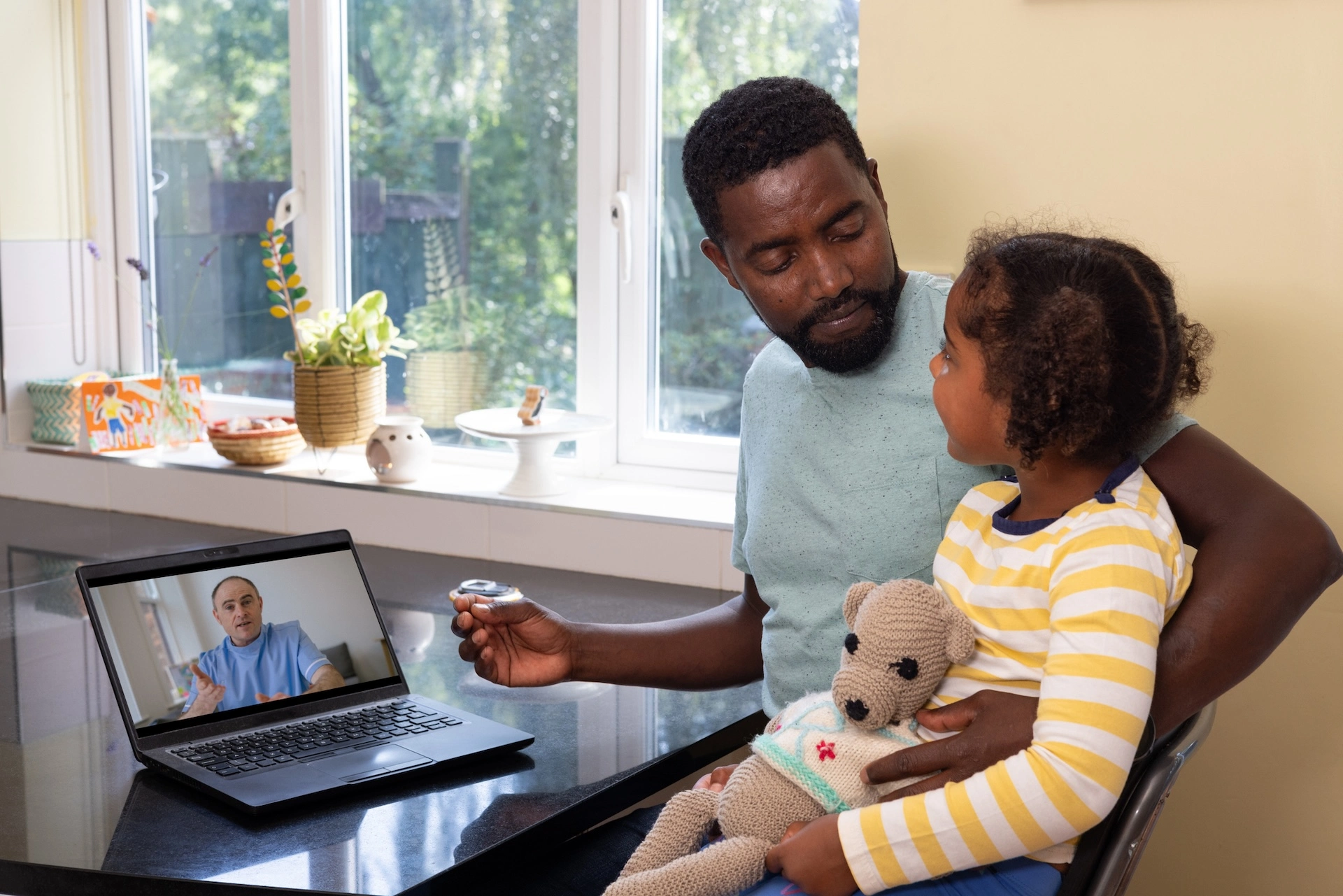Patients with diabetes who take certain types of medications to lower their blood sugar sometimes experience severe low blood-sugar levels, whether or not their diabetes is poorly or well controlled, according to a new study by Kaiser Permanente and Yale University School of Medicine. The finding, published in the current online issue of Diabetes Care, challenges the conventional wisdom that hypoglycemia is primarily a problem among diabetic patients with well-controlled diabetes (who have low average blood-sugar levels).
Low blood sugar, or hypoglycemia, can cause unpleasant symptoms but is typically treatable with food or a sweet drink. Severe hypoglycemia occurs when blood sugar gets so low a patient needs assistance, and may result in dizziness or mental confusion, injury, car accident, coma or, rarely, even death. Several recent studies have found that patients who experienced severe hypoglycemia were also at higher risk for dementia, falls, fractures and heart attacks, compared with patients who did not experience hypoglycemia.
“Many clinicians may assume that hypoglycemia is not much of a problem in poorly controlled type 2 diabetes given their high average blood-sugar levels,” said senior author and study principal investigator, Andrew Karter, PhD, of the Kaiser Permanente Division of Research. “This study suggests that we should pay much closer attention to hypoglycemia, even in poorly controlled patients. Providers should explain the symptoms of hypoglycemia, how to treat it, and how to avoid it — for example, by not skipping meals. Most of all, providers should ask all their diabetic patients whether they’ve experienced hypoglycemia, even those patients with very high average levels of blood sugar.”
The researchers surveyed patients with type 2 diabetes being treated with medications to lower their blood sugar and asked about their experiences with severe hypoglycemia. Nearly 11 percent of the more than 9,000 respondents experienced severe hypoglycemia in the prior year, and it occurred at all levels of blood-sugar control.
Researchers categorized patients into five categories of HbA1c, a measure of average blood sugar, ranging from lowest to highest. The prevalence of severe hypoglycemia was calculated for each category. Patients with the lowest and highest HbA1c values tended to be at higher risk for hypoglycemia, compared to those with HbA1c values in the middle range. However, the differences were small and hypoglycemia was common in all HbA1c categories.
“Hypoglycemia is the most common acute complication of diabetes therapy and is associated with poor health outcomes,” said lead author Kasia Lipska, MD, MHS, an endocrinologist from the Yale University School of Medicine. “In clinical trials, patients treated intensively, aiming for excellent blood-sugar control, experienced much more hypoglycemia than patients treated less aggressively. But we didn’t know as much about the relationship between blood-sugar control and hypoglycemia in everyday clinical practice. We wanted to understand whether patients who achieve the lowest average blood sugars are really at the greatest risk for hypoglycemia.”
“It is important to note that it’s not the HbA1c that directly causes hypoglycemia, it’s the therapies we use to lower it,” said Dr. Lipska. “Future research needs to better identify those patients at the highest risk for hypoglycemia so we can reduce the risk. For now, we know that poor control is certainly not protective.”
The researchers suggest that evaluations of quality of diabetes care should include adverse effects associated with treatment, such as hypoglycemia. “While aggressive treatment of high blood sugar was once considered a hallmark of better care, recent clinical trials have raised concerns about the risks of tight control, particularly in the frail and elderly,” said Karter.
Additional authors on the study include Margaret Warton, MPH, and Howard H. Moffet, MPH, of the Kaiser Permanente Division of Research; Elbert S. Huang, MD, MPH, of the University of Chicago School of Medicine; and Silvio E. Inzucchi, MD, and Harlan M. Krumholz, MD, SM, of the Yale University School of Medicine.





Comments (0)